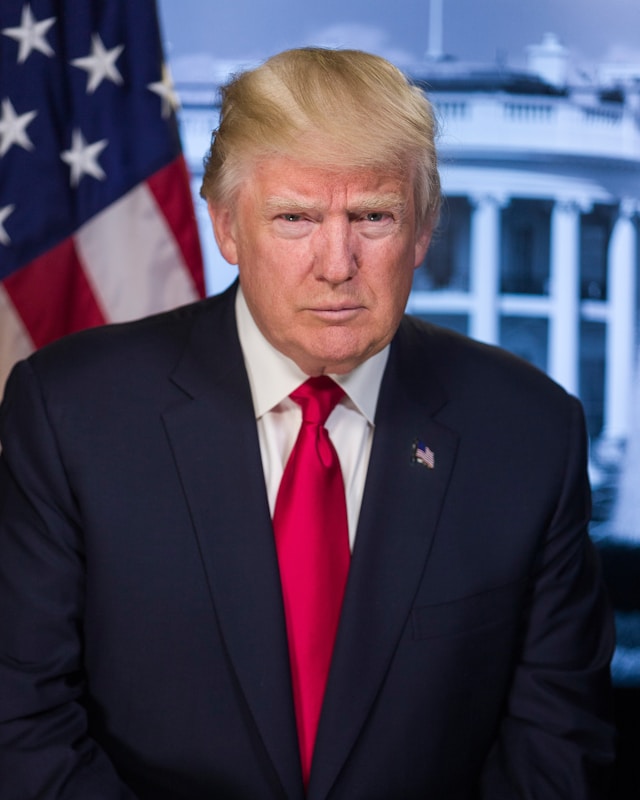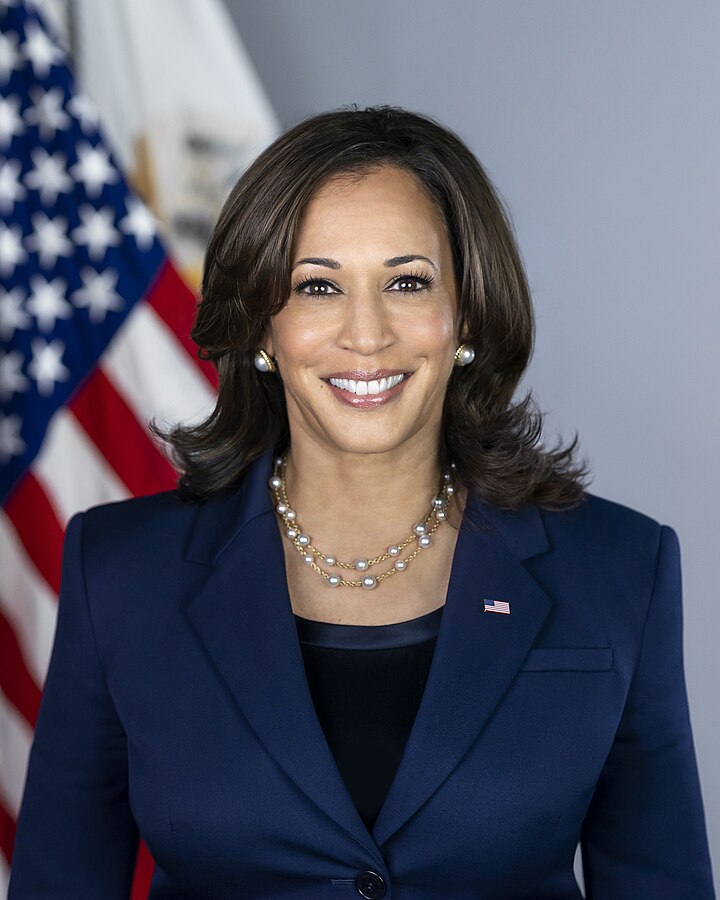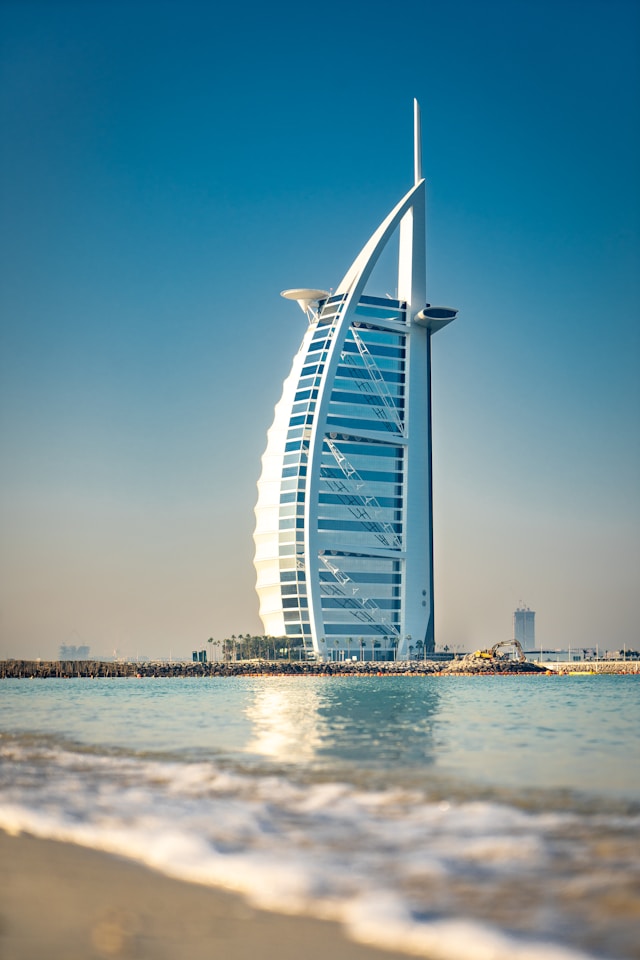Donald Trump built his wealth through a combination of inheritance, real estate ventures, branding, and entertainment, spanning several decades. His journey to becoming a billionaire is multifaceted and marked by both successes and controversies.
1. Inheritance and Early Real Estate
Donald Trump was born into wealth. His father, Fred Trump, was a successful real estate developer in New York City, particularly in Brooklyn and Queens. Fred Trump built a fortune by developing middle-class housing, including apartments subsidized by the government during World War II. When Donald entered the family business, he inherited significant wealth, estimated between $40 million to $200 million in the 1970s. While Donald often claimed to have built his empire from a “small loan” of $1 million from his father, Fred Trump’s financial backing was a crucial foundation for his son’s business ventures.
2. Trump Organization: Expansion into Manhattan
Donald Trump set out to expand his family’s real estate business by moving into Manhattan, where he saw potential in upscale properties. His first major deal in Manhattan was the renovation of the Commodore Hotel (later renamed the Grand Hyatt), which he completed in 1980. The project, made possible by substantial tax breaks negotiated with the city, was a success and marked Trump’s entry into high-profile real estate.
Another notable venture was the construction of Trump Tower in 1983, a 58-story skyscraper in the heart of Manhattan. The building, with its luxury apartments and high-end retail, became synonymous with the Trump brand. Trump Tower’s success propelled him into the public eye as a brash, high-rolling developer.
3. Casino Ventures in Atlantic City
In the 1980s, Trump expanded into the casino business in Atlantic City, New Jersey. He built and acquired several casinos, including the Trump Plaza, Trump Castle, and the famous Trump Taj Mahal, which was once described as the world’s largest casino. These ventures initially boosted Trump’s wealth, but they were also risky. By the 1990s, the debt incurred from these projects, coupled with Atlantic City’s decline as a gambling hub, led to multiple bankruptcies. While the casino ventures caused significant financial strain, Trump used strategic debt restructuring to maintain his image and continue his business.
4. Branding: The Trump Name
One of Trump’s most lucrative ventures has been his ability to monetize his personal brand. Beginning in the 1980s and continuing into the 21st century, Trump capitalized on his name, licensing it for use on various products and properties. From Trump-branded skyscrapers and hotels to golf courses, steaks, and even bottled water, the Trump name became a symbol of luxury and wealth.
Even when Trump didn’t own the real estate or businesses himself, he earned substantial income by licensing his name to developers and companies around the world. This strategy allowed him to generate income with less financial risk compared to direct ownership.
5. Entertainment and “The Apprentice”
A key moment in Trump’s financial rise came with his foray into television. In 2004, he became the star of the reality show The Apprentice, which aired on NBC. The show’s premise—aspiring businesspeople competing for a chance to work with Trump—catapulted him to a new level of fame. Trump’s catchphrase, “You’re fired,” became iconic, and the show was a massive success, running for over a decade. The Apprentice and its spinoff The Celebrity Apprentice reportedly earned Trump hundreds of millions of dollars over the years, significantly boosting his personal fortune and public visibility.
6. Politics and the Post-Presidency
Donald Trump’s wealth and business interests continued to grow after he entered politics. When he ran for president in 2016, Trump positioned himself as a billionaire outsider who could not be bought, leveraging his wealth as part of his appeal to voters. While in office, Trump’s wealth fluctuated due to the economic effects of his policies, the COVID-19 pandemic, and the performance of his real estate ventures.
After leaving the presidency in 2021, Trump’s business interests, particularly his golf resorts and branding opportunities, continued to sustain his wealth. His name still holds significant value in real estate, licensing deals, and other ventures, though the political controversies surrounding him have also posed challenges to some aspects of his brand.
7. Net Worth and Controversies
Estimates of Trump’s net worth have varied over time. Forbes, for example, has regularly revised its estimates based on market conditions and Trump’s own financial disclosures. Trump has long been known to inflate the value of his assets, as highlighted by various legal disputes. The New York attorney general’s investigation into his financial practices revealed discrepancies between what Trump claimed his properties were worth versus their actual market value.
While Trump has always been a figure of immense wealth, his journey has been marked by several bankruptcies, legal battles, and financial risks. Despite these hurdles, he has maintained his image as a self-made billionaire, even though much of his initial fortune came from family wealth and support.
Conclusion
Donald Trump’s wealth-building journey is a complex mix of inheritance, savvy real estate deals, branding, and entertainment success. His ability to leverage his name, adapt to changing markets, and bounce back from financial difficulties has defined his financial career. Despite the controversies and challenges, Trump remains one of the most well-known businessmen globally, with a fortune built on real estate, media, and the power of his brand.




